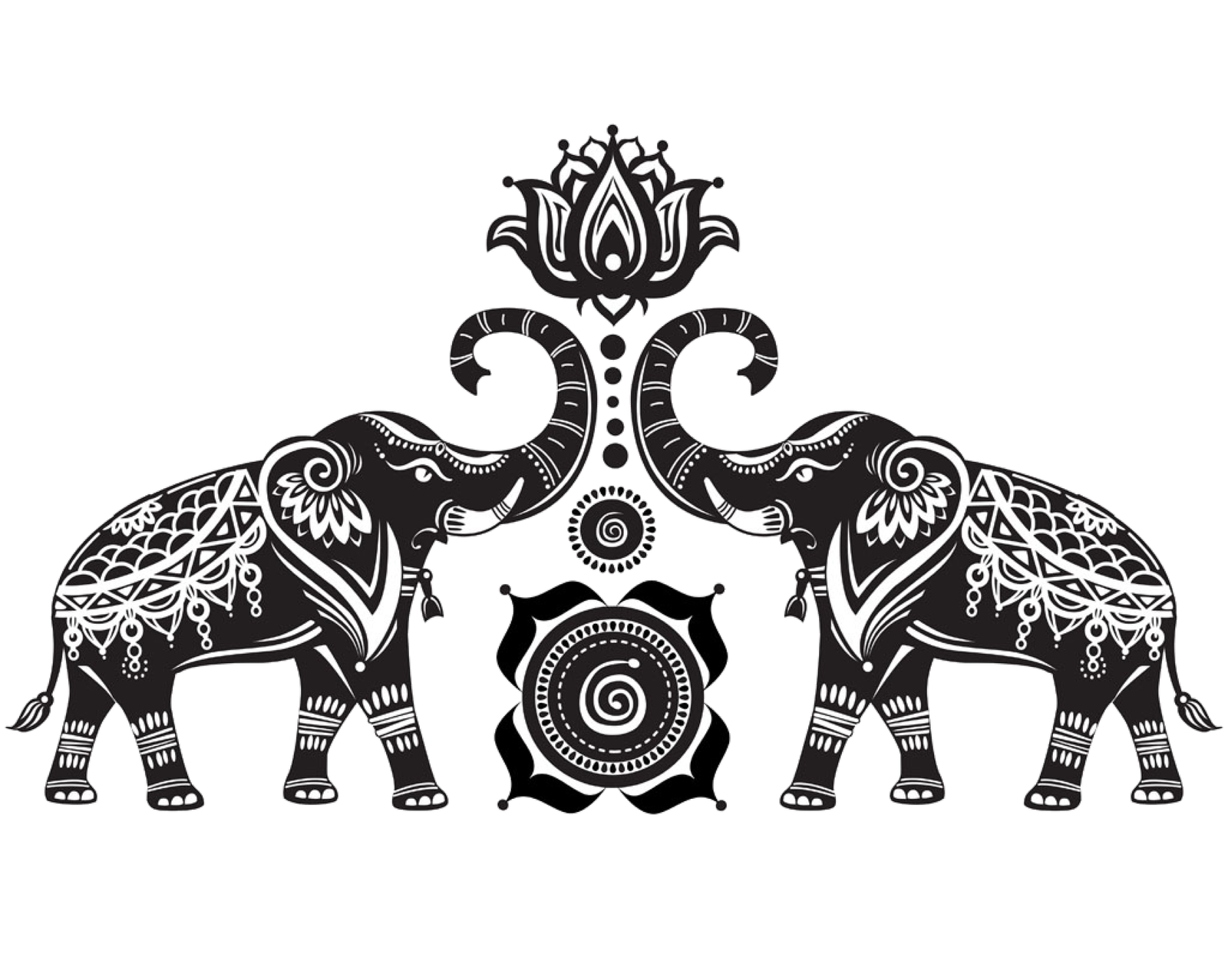This reminds how the nature, more than the skill alone, can define the path we take. And for centuries, this understanding of the influence of personality has deepened, beyond art and in every corner of life, including workplace.
A recent study of over 10,000 Indian managers has shown that while men and women share similar cognitive abilities, they vary greatly in certain personality symptoms. These differences, which affect how they affect work and decision -making approaches, challenge long -standing stereotypes about gender and ability. The study confirmed that, intellectually, both men and women are equipped to succeed in any field.
However, their personality symptoms – to focus on data and future, keeping in mind women who pay attention to sympathy and expansion – some career paths look more attractive to one gender on the other.
These trends are not fixed, but they inform about why men often move towards strategy and data analysis, while women often excel in roles that need care, accurate and mutual skills that require care, precise and mutual skills Is. The orientation of men’s orientation towards the future can make them more favorable for finance, engineering or technology, while the expansion-oriented and sympathetic nature of women often attracts them to healthcare, education or administrative roles.
Gender division in businesses is clear – in areas such as engineering and finance, men beat women; In nursing and teaching, reverse is true. Globally, CFO has only 18.5% of women in S&P500 companies. In India, this figure is also starker – 45 out of 2,257 listed companies are female CFOs. Nevertheless, in roles such as Chief Marketing Officer and Chief Human Resource Officer, women are often prominent.
But is this because women naturally like these roles, or because the society subtly pushes them in some directions? it’s hard to say. These personality symptoms, while observation, are not responsible for the entire picture. Many women are able to succeed in finance because they are in careful roles, such as many men thrive in sympathetic, nutrition businesses. The real issue is whether social expectations are making people conform to the roles that fit traditional gender narratives, even when those roles may not be aligned with their real preferences.
Some argue that these trends are purely a product of stereotypes, and we should focus on breaking these molds. But it is important to identify that personality plays a role in shaping career options, and those differences are not necessarily a bad thing. The key is to allow people to follow their natural inclination against social norms either conforming or forced to revolt. Women should not only feel forced to “bridge the difference” in technology and finance, nor should men be discouraged by entering areas such as nursing or education. Equality does not mean – this means creating an environment where both genders can thrive in roles that reflect their strength, whether they align with traditional expectations or not.
This journey begins quickly. If parents and school can help children understand their strengths, interests and natural inclinations, young people will be better equipped to create options that align with their personality, with social pressures No. Educational systems should include career guidance on personality basis, give students a chance to find out the paths that suit them, not the paths that they feel that they are expected to take. This will help in breaking the stereotypes of the penis career in a more organic way, forming a workforce that is not only diverse in terms of penis, but also in terms of talent, nature and approach.
The same is true for the workplaces. The future of work should not be about implementing artificial sex ratio or forcing people into roles that do not fit their personality. Instead, organizations should focus on creating cultures where both male and female to redeem their natural strength, even if they follow traditional gender lines. Leadership development should only develop to identify skill intervals to identify personal strength and create a career path around them. Companies need to move beyond the harsh boxes of gender expectations and design roles that align with the underlying talents of the people.
The most successful teams are not those that are made to fulfill the quota, but they are made up of individuals who complement each other’s strengths. This is already happening in industries such as pharmaceuticals, where research and development teams are extremely diverse, not only in terms of gender, but also in personality and approach. The rest of the corporate world would do well to pay attention.
Ultimately, men and women who make options may not always be align with traditional expectations or with push for equality in their most common form. The most matters that individuals feel free to follow their tendency, to pursue a career that conforms to their personality and talent, and in such an environment to do so in all their forms. Let’s give. Only then can we achieve a workforce that is really balanced – not forced by measures or quota, but by promoting a culture that respects and celebrates personal differences.
,The three-part is the first of the OPED series, based on the primary research of 10,000 corporate officials in India, to understand the trends on behavior patterns and bias. Author; Dr. Srinath Sreedharan is a policy researcher and corporate advisor, and Bhavana Mishra, the founder is – Basiltry Counseling. Thoughts are personal.
(Tagstotransite) penis gap (T) Equality (T) Repurbed Equality (T) Gender Difference



